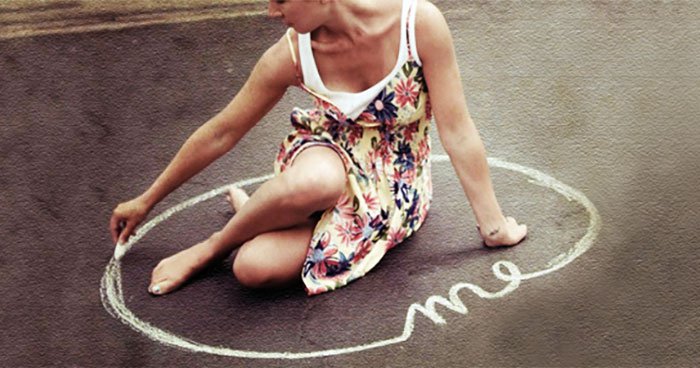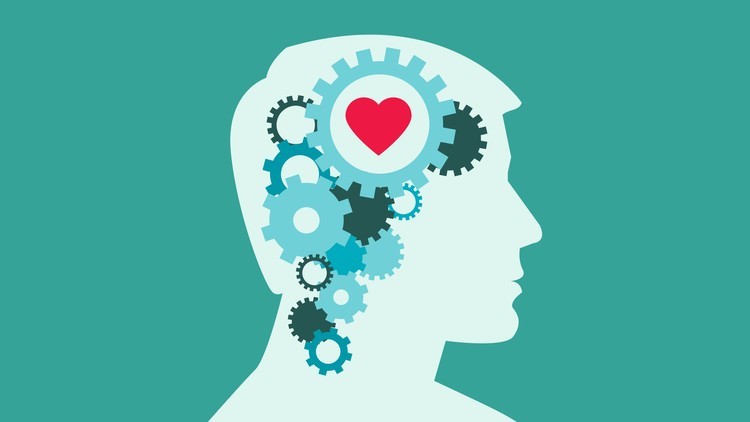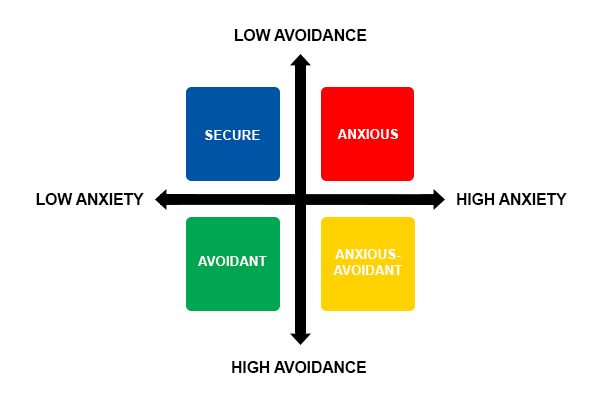|
The Relationship Between Sensitivity and Boundary Issues
Sensitive people are often more attuned to the emotions of others and their surroundings. This can be a gift, but it can also make it difficult to set and maintain healthy boundaries. Here are some of the reasons why sensitive people may struggle with boundaries:
Here are some of the ways that boundary issues can manifest in sensitive people:
If you are a sensitive person and you struggle with boundaries, there are a few things you can do to improve the situation:
It's important to remember that you have the right to set boundaries. You don't owe anyone an explanation for why you need to set a boundary. And you don't have to apologize for setting a boundary. Setting boundaries is a way of taking care of yourself and protecting your well-being. Here are some additional tips for sensitive people who struggle with boundaries:
Setting boundaries can be difficult for anyone, but it's especially challenging for sensitive people. However, it's important to remember that you have the right to set boundaries, and that doing so is essential for your well-being. Remember, seeking help is a courageous step towards a more balanced and fulfilling life. You don't have to face these challenges alone. If you're ready to embark on a journey of self-discovery, growth, and healthier relationships, I invite you to schedule a confidential consultation with me. Together, we can work towards a happier, more harmonious life. Take the first step towards healing today. Contact Scott Olds at (303) 817-8369 or email at [email protected] for a free and confidential evaluation by phone or video. Trauma is a deeply distressing or disturbing experience that can have a lasting impact on a person's life. It can affect a person's physical and mental health, their relationships, and their ability to cope with stress.
One of the ways that trauma can impact a person is by affecting their emotional intelligence. Emotional intelligence is the ability to understand and manage one's own emotions, as well as the emotions of others. When a person experiences trauma, they may develop unhealthy coping mechanisms that can damage their emotional intelligence. For example, a person who has experienced abuse may learn to suppress their emotions in order to cope with the pain. This can lead to difficulty identifying and expressing emotions, which can make it difficult to build healthy relationships and manage stress. Another way that trauma can impact emotional intelligence is by creating learned patterns of behavior. These patterns are often developed in childhood as a way to cope with the trauma. For example, a child who is neglected may learn to become self-reliant and independent. This pattern of behavior can be helpful in some situations, but it can also make it difficult to form close relationships as an adult. A psychotherapist can help a person who has experienced trauma to improve their emotional intelligence and break free from learned patterns of behavior. This can be done through a variety of techniques, such as:
By working with a psychotherapist, a person who has experienced trauma can learn to heal and rebuild their emotional intelligence. This can lead to a better understanding of themselves and their emotions, as well as the ability to build healthy and fulfilling relationships. In addition to the techniques mentioned above, a psychotherapist may also use other approaches, such as:
The best approach for a particular individual will depend on the nature of their trauma and their individual needs. A psychotherapist can help to assess the best approach and provide the support and guidance that the person needs to heal. If you or someone you know has experienced trauma, it is important to seek professional help. A psychotherapist can help you to understand and heal from the trauma, and to improve your emotional intelligence and break free from learned patterns of behavior. For help overcoming trauma, contact Scott Olds at (303) 817-8369 or email at [email protected] for a free phone or video evaluation. Guilt and grief are two of the most common emotions that people experience after a loss. Guilt can be caused by a variety of factors, such as feeling responsible for the loss, wishing that you had done something differently, or feeling like you didn't love the person enough. Grief is the natural emotional response to loss, and it can manifest itself in a variety of ways, such as sadness, anger, anxiety, and loneliness.
While guilt and grief are normal emotions, they can be difficult to cope with. If you are struggling to overcome guilt and grief, there are a few things that you can do:
Here are some additional tips that a psychotherapist might use to help a client overcome guilt and grief:
Call Scott at (303) 817-8369 or email at [email protected] to see if grief counseling is right for you. How the Relationship Style We Learned from Our Parents Influences Us as Adults in a Relationship9/3/2023
As children, we learn about relationships by watching our parents interact with each other. We see how they communicate, how they resolve conflict, and how they show love and affection. These observations become our template for how we expect relationships to work. If our parents had a healthy, loving relationship, we are more likely to have secure attachment styles as adults. This means that we feel confident in our ability to form close relationships and that we expect to be loved and supported by our partners. However, if our parents had an unhealthy or conflictual relationship, we are more likely to have insecure attachment styles. This means that we may have difficulty trusting others, may be afraid of abandonment, or may have a hard time expressing our emotions in relationships. Of course, our relationship style is not determined solely by our parents. Our own experiences and personality also play a role. However, our parents' relationship style can have a significant impact on how we approach our own relationships as adults. Generational Influence The generational influence on relationship styles is a complex topic. There are many factors that can contribute to how we learn about relationships from our parents, including their own attachment styles, their cultural background, and the historical context in which they grew up. For example, people who grew up in families where there was a lot of conflict may be more likely to have insecure attachment styles. This is because they may have learned that relationships are inherently unstable and that conflict is inevitable. On the other hand, people who grew up in families where there was a lot of love and support may be more likely to have secure attachment styles. This is because they may have learned that relationships are a source of comfort and security. It is also important to note that the generational influence on relationship styles can be passed down from generation to generation. This is because children learn about relationships from their parents, who learned about relationships from their parents, and so on. As a result, it is not uncommon for people to find themselves repeating the same relationship patterns that their parents did. This can be a challenge to break, but it is possible with awareness and effort. Here are some specific ways that the relationship style we learned from our parents can influence us in our adult relationships:
Remember, you are not doomed to repeat the relationship patterns you learned from your parents. With awareness and effort, you can create healthy, fulfilling relationships in your own life. Here are some additional tips for breaking the cycle of unhealthy relationship patterns:
If you need help with your relationship, contact Scott Olds at (303) 817-8369 or [email protected].
|
AuthorScott F. Olds, Psychotherapist Categories
All
Archives
February 2024
Call Scott at
|
Package Discount: Get a 4-session package for 10% off! Call for details.
I offer sessions in the office, in an open space (weather permitting), by phone, and by video sessions for your safety and convenience. Take a deep breath and give me a call at (303) 817-8369 or email me at [email protected].
Confidential: I am HIPAA compliant, so your privacy is protected.
Crisis Information: If you are in crisis, call Colorado Crisis and Support at 844-493-8255 or the national Suicide and Crisis Lifeline at 988 for 24/7 for help in an emergency. These lifelines provide free and confidential support for people in distress, prevention, and crisis resources for you or your loved ones.
(303) 817-8369
[email protected]
10960 W. 65th Way
Arvada, Colorado 80004
My office is in Arvada, Colorado.
Privacy Policy








